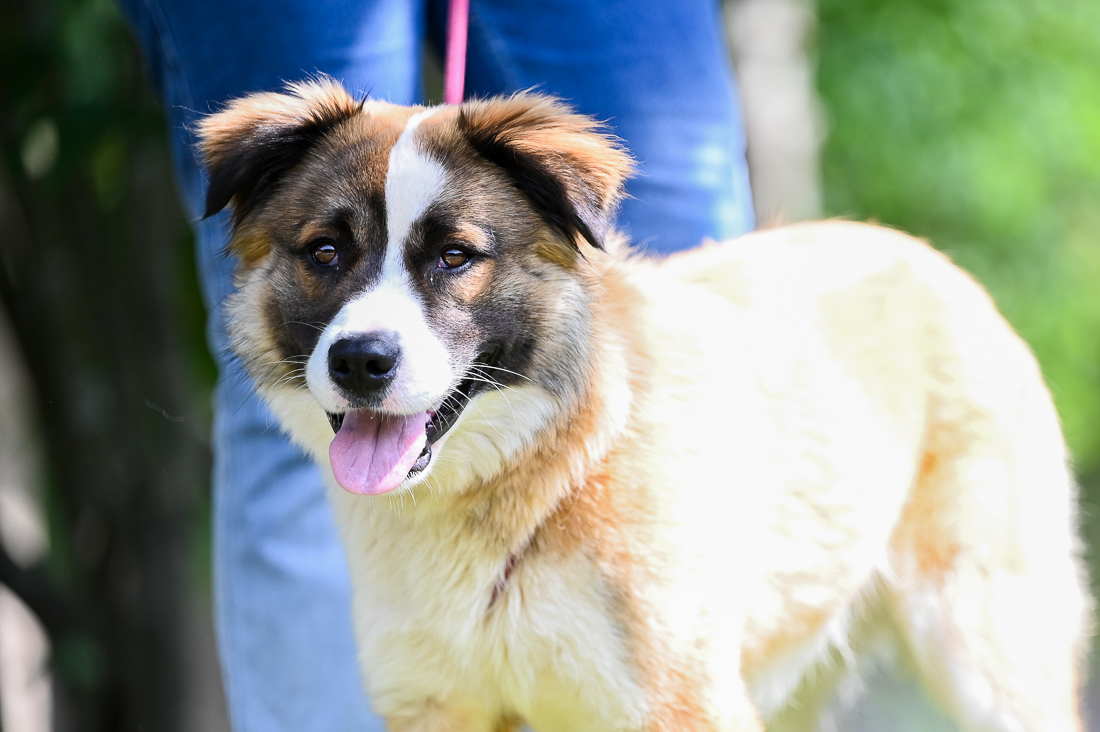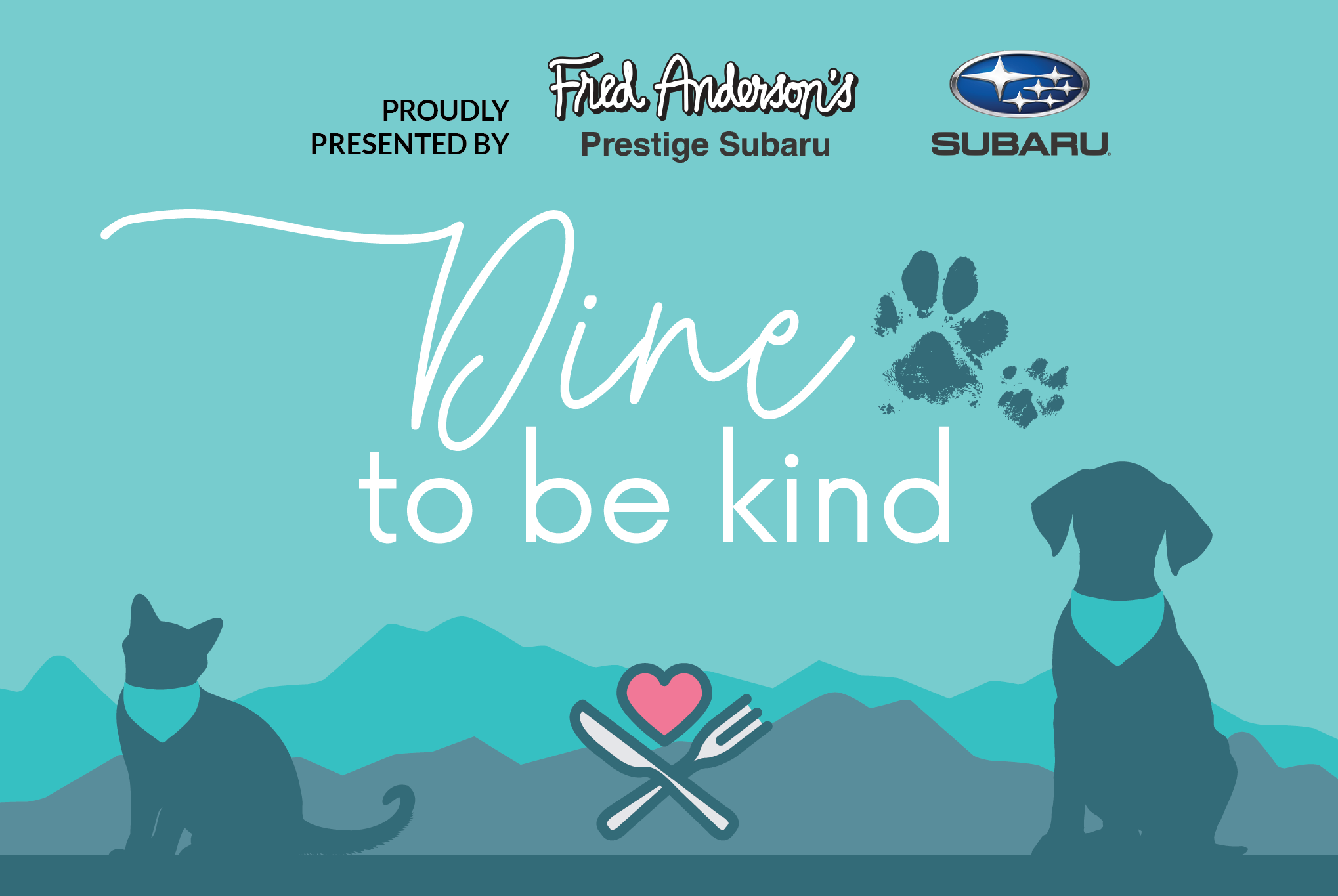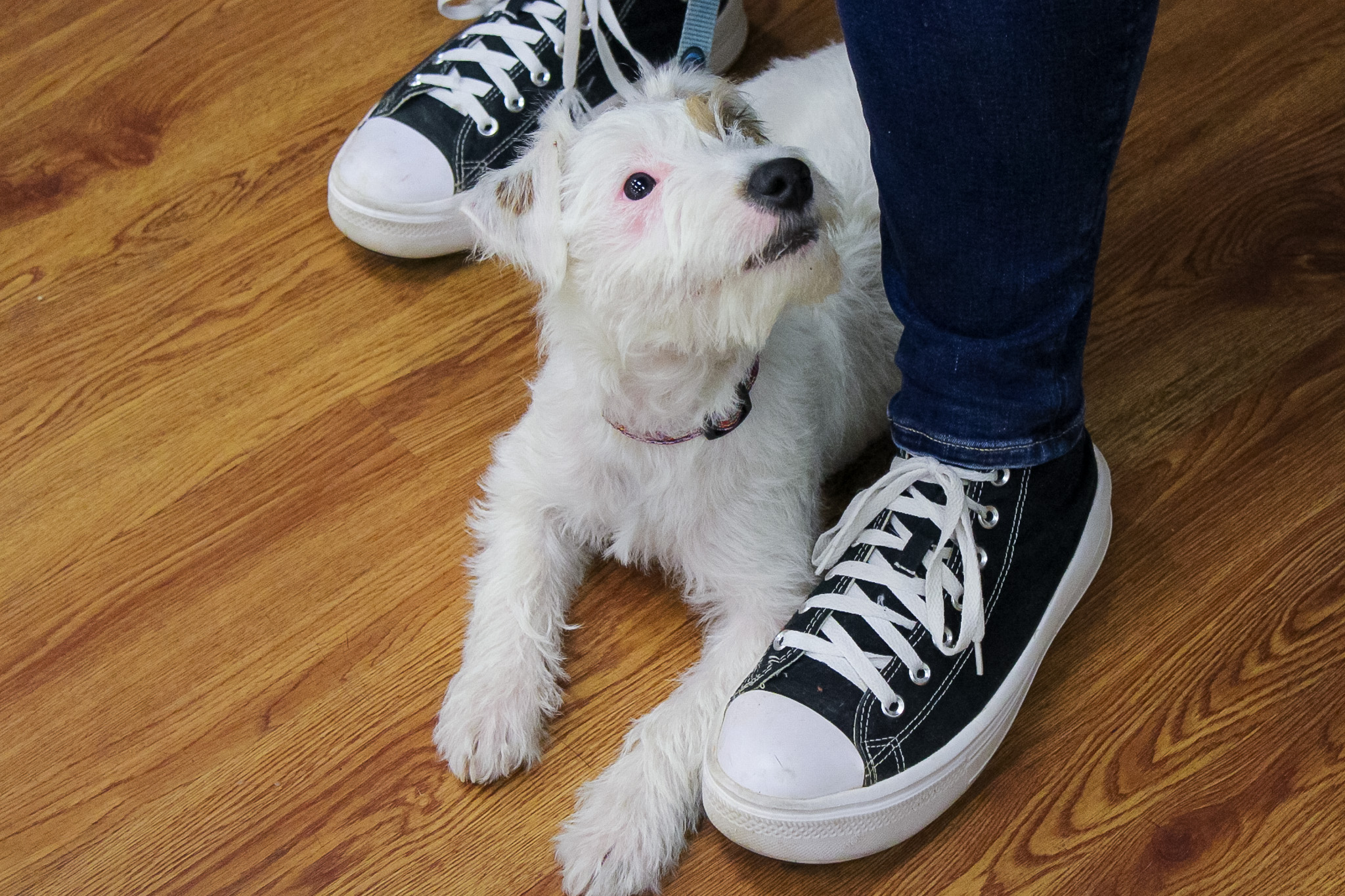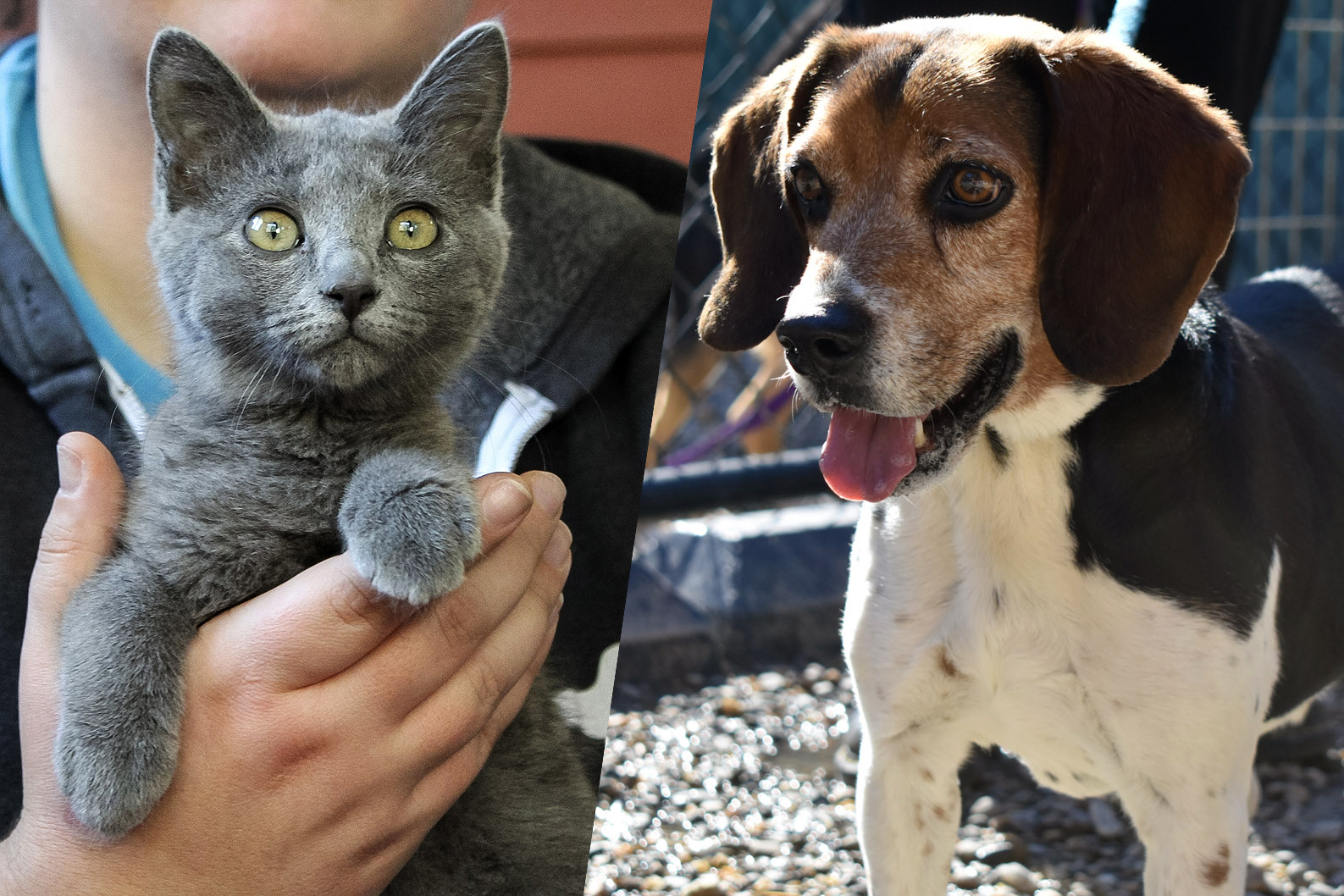Ohhhh puppies!
They are adorable, playful, entertaining, and exciting to watch them grow into intelligent adults. While in their puppy developmental stage, they use their mouths to explore, play, and expend extra energy. Throughout their puppyhood, we must help them:
- Discover appropriate items to mouth.
- Learn when mouthing is appropriate.
- Help give them feedback on the pressure they are using.
Why Is My Puppy Mouthing and Biting?
- There could be a few reasons for excess mouthing, biting, and nipping. One may be that your puppy finds it exciting and fun; another may be due to boredom. Or, perhaps your puppy doesn’t know you “disapprove,” and of course, there is always the possibility that your puppy is teething.
What if I see my puppy being mouthy with other dogs during playtime?
- When we watch dogs play, we often see them mouthing at one another a ton. If a dog lacks play skills or experience, he may accidentally mouth the other dog too hard, leading to future altercations. To help our puppies turn into great players with good bite inhibition, we must expose them to healthy, vaccinated puppies and dogs of all sizes and ages.
- Our puppies lack the experience to understand when they are playing too rough or mouthing too hard. Hence, we must allow them plenty of opportunities to receive this feedback from other puppies (and adult dogs!).
- Allowing our silly, inexperienced puppies to play with adult dogs will allow them to understand that boisterous and pushy play styles will not always fly with their play partners. Puppy play is not only a great outlet for using pent-up energy, but it will also help them develop good bite inhibition.
- Good bite inhibition is the ability of your puppy or dog to understand how hard it is “too hard.” They learn good bite inhibition from playing with other dogs, but we can also help them develop an understanding of what is too much during our play sessions with them.
- To be sure our puppies grow up to have solid bite inhibition; we should always give clear feedback with a simple, high-pitched “ouch!” when they use too much pressure. If they respond to your feedback by backing away with a concern or using less stress, continue to play!
- If our puppies get excited by the squeal and continue mouthing with too much pressure, end the game immediately and try again later.
- Frequently owners worry that allowing their puppy to mouth them while they are in the developmental stage will create an overly mouthy dog. In my experience, it just gives your dog more opportunities to make the correct choice and, in turn, develop excellent bite inhibition moving forward into adulthood.
- If we never let them mouth at us, how can we expect them to learn and understand when too much pressure is being given? Once your puppy understands the mouthing game and gives appropriate pressure each time, you should transfer the play game to a favorite squeaky or tug toy to allow them to continue these fun play games with you.
What are the appropriate outlets for chewing?
- To allow for our puppy’s success when teething, minimize inappropriate mouthing, and help prevent boredom chewing, we must offer them appropriate outlets.
- Rather than always being frustrated with chewing, tugging, and biting things we find “inappropriate,” why not provide them with items we DO find appropriate?
- Such as food enrichment toys, time-consuming chewies (bully sticks, pigs’ ears, etc.), stuffed frozen Kongs, and tug toys to tug (rather than your pant legs!)
- Always remember, our puppies do not come prepared and ready to cope with our human world of rules and structure. They are an entirely different species that is constantly learning what we feel is “good,” “appropriate,” and “acceptable” with every experience they have.



